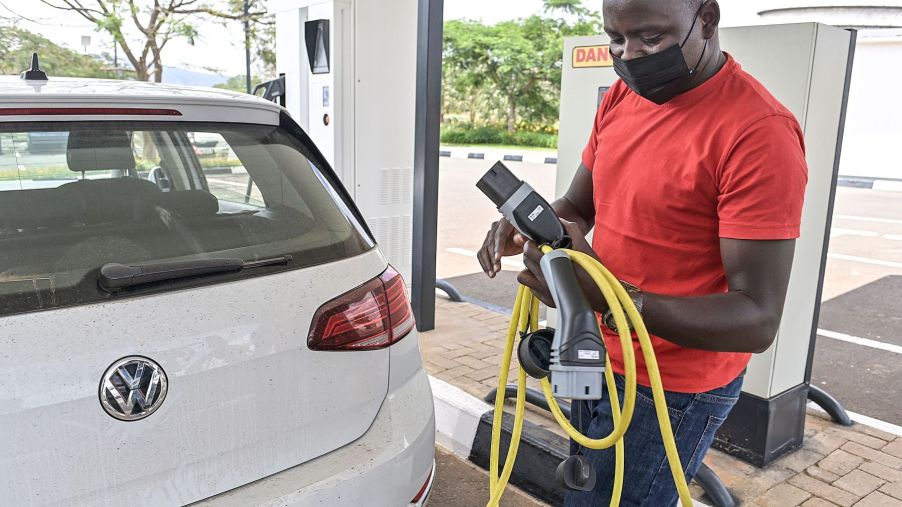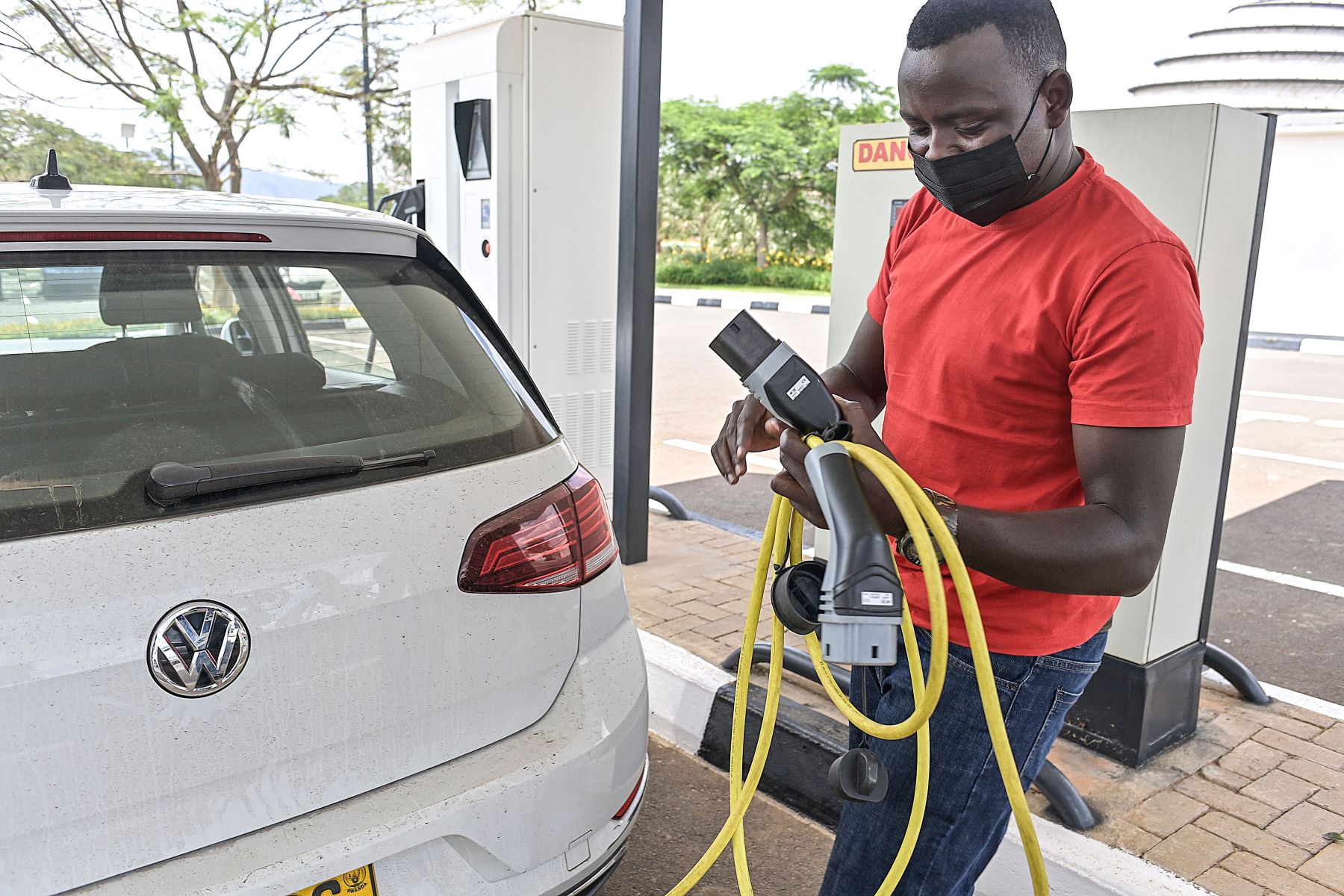
10 Things You Must Know Before Buying a Used EV, According to Kelley Blue Book
Doing your homework is vital if you are shopping for a used vehicle. This is especially the case if you are considering an EV. That said, used EVs may offer substantial savings. If you do your homework, you can score an excellent vehicle at a reasonable price.
The rapid rise of EV sales

Over the last couple of years, EV manufacturing and sales have risen rapidly. While it initially seemed like a slow roll with only a few models to choose from and not seeing many on the road, the movement toward eco-friendly electric vehicles and the availability of options, including electric SUVs and even trucks, is making them an increasingly popular choice, especially among commuters.
Should you buy a used EV?
Buying a used EV, especially now, can provide you with an incredible value on an economical model that suits your lifestyle and your bank account.
That said, it’s vital that you do your research when choosing a used electric vehicle so you don’t come away with a bad deal. According to Kelley Blue Book, there are 10 things you need to know before buying a used EV.
What to look for in a used EV
1. Maintenance history
This goes for any used vehicle, and electric cars are no exception. You don’t want to buy a used EV and find out later that the previous owner didn’t maintain it. You want to know the vehicle’s history, whether it’s been in any accidents or required any bodywork, whether anything has been replaced or if aftermarket parts have been used.
2. Negotiating the price of your used EV
If you are looking at a used EV, the battery life has likely dwindled a bit. Find out what the battery’s health is and be prepared to find out that you will not have the original full range on the battery. This isn’t the end of the world and can be a bargaining tool when negotiating price.
3. Has the battery been replaced?
Learn as much as you can about the EV battery. For example, has it been replaced? This is a nice bonus if it has. Kelly Blue Book recommends asking for the CarFax report to find out what has been repaired or replaced on the vehicle.
4. Find out how much battery warranty is left
A typical battery warranty may last up to eight years or 100,000 miles. Still, you can’t count on that. Even if they hand you warranty paperwork that says you have a warranty, you must look it up to ensure that the warranty is transferable to a new owner and that nothing has happened with the vehicle to void the warranty.
5. Check the EV battery capacity
This is a check you should always make. You can find out by researching the VIN, or if it is a Tesla, the touchscreen should be able to tell you.
6. Determine your range
While today’s new electric cars are sporting some impressive ranges, the used EV you are looking at may have a much shorter range. It’s important to take an honest look at what you really need. An EV that only has a 150-mile or less range may be perfectly suitable as a commuter vehicle.
7. Check the charge rate
Not all EVs charge at the same rate. Take an honest look at what will work for you since older EVs may take longer to charge.
8. What is your access to EV chargers?
There are three levels of EV chargers:
- Level 1: This is your basic household three-pronged outlet. The downside is it is very slow charging.
- Level 2: This is a 240 volt that requires a specific external device to charge and is a common way to charge EVs.
- Level 3: Refers to charging stations you find out and about and usually have to pay for. These are the fastest.
Keep charging in mind when shopping for an EV. Think about your access to chargers, whether you can charge at home, and how long it is reasonable for you to charge for.
9. Find out about incentives
While most government and local incentives only apply to purchasing a new EV, some may also apply to buying a used electric vehicle, so it’s best to check with the agency or your tax preparer.
10. Be sure you have all of your accessories
Check to ensure your vehicle comes with a charging cord and, if possible, a Level 2 charger. These devices can be pricey, so if they’ll throw it in for you, all the better.
If you want to save on gas and do your part to reduce emissions, then a used EV may be for you. There are some great deals out there. Just follow the tips above to ensure you get a used EV that isn’t a lemon.


